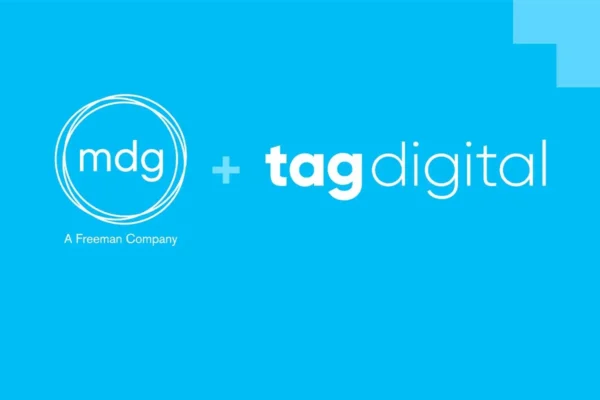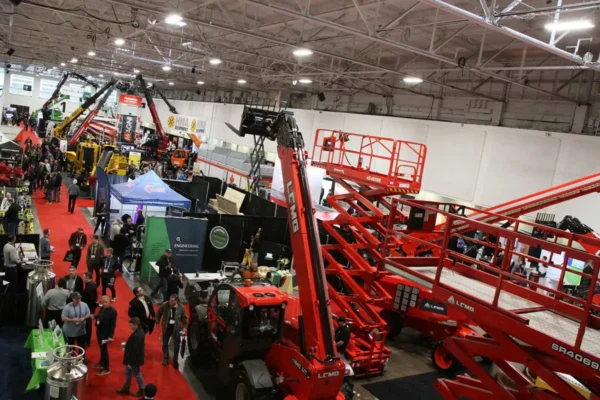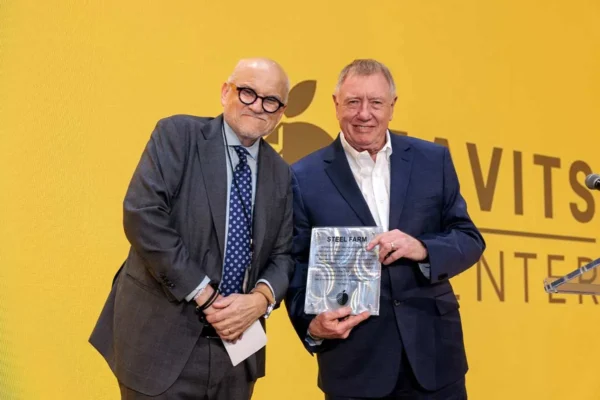A Guide for the American Market
by Paco Collazo
The design and production industry, a vital part of the global events sector, is marked by significant price variations across different regions of the world.
For American companies looking to expand their reach, attract new markets, and find new customers, one easy solution is to exhibit in other parts of the world. It is important that they know:
1. There are top quality suppliers in all parts of the world.
2. It is cheaper to exhibit in other countries than in the U.S. This can make exhibiting and promoting in other countries worth the investment.
Why is the US more expensive? Labor & Venue Obliged Services
Below is a chart created to give an idea of what it would cost to design this booth around the globe.
Asking friends from nine countries, the chart was made by obtaining quotes for the same booth using local materials (wood, frames, fabric, vinyl, etc.). These numbers were provided with the assistance of SISTEXPO, Stevens Exhibits, Elevation 3D, Grupo de Eventos, Creative Ideas Global, Diper, Cialona and AEM Production.
The following costs do not take into consideration tax or general services attached to them (such as electricity, rigging, etc.) because it depends on the country, event, venue, and event organizer.
PLACE — USD
Toronto — $58,361
Las Vegas — $100,000
Sao Paulo — $10,800
Hong Kong — $26,935
Shanghai — $12,826
Argentina — $11,253
Amsterdam — $29,894
Milan — $19,861
Mexico — $21,600
Factors Influencing Global Price Differences
Labor Costs
Labor is one of the most significant contributors to the price differences. In regions like Asia and Eastern Europe, labor costs are relatively low, which allows companies to offer booth building services at more competitive prices. In contrast, Western Europe and North America, where labor is more expensive, tend to have higher overall costs. This difference can make a substantial impact on the total project budget, particularly for large-scale booths.
Material Costs and Availability
The availability and cost of materials also play a crucial role in determining prices. In regions where materials such as wood, metal, and specialized fabrics are abundant, costs are generally lower. However, in areas where these materials are scarce or need to be imported, prices can increase significantly. Furthermore, the growing demand for sustainable materials in some markets, especially in Europe, can add to the cost, as eco-friendly options are often more expensive.
Local Regulations and Compliance
Local regulations, including safety standards and environmental laws, vary widely from one country to another. In regions with strict regulations, such as Germany, the cost of compliance can add significantly to the price of stand construction. These regulations often require more detailed planning, higher-quality materials, and rigorous testing, all of which contribute to the overall cost. Conversely, regions with more lenient regulations may offer lower prices but may require additional oversight to ensure they meet international standards.
Market Demand and Economic Environment
The economic climate and market demand in a given region also influence prices. In highly developed markets with a strong demand for exhibitions, such as major cities in the U.S. and Europe, stand builders can command higher prices. In emerging markets, where the industry is still growing, prices tend to be lower as companies compete for business. This can provide opportunities for cost savings but may also come with trade-offs in terms of experience and available resources.
Acknowledgments
We would like to extend our sincere thanks to all the companies who helped provide the data and insights necessary to accurately reflect costs in each region. Their contributions have been invaluable in ensuring the accuracy of the information presented in this article.
This story originally appeared in the Q4 2024 issue of Exhibit City News, p. 20. For original layout, visit https://issuu.com/exhibitcitynews/docs/ecn_q4_2024/20.
































